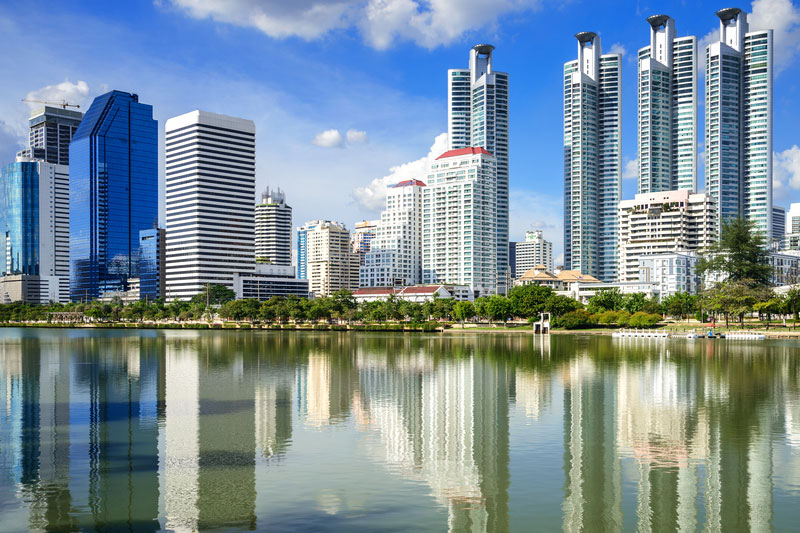By Apornrath Phoonphongphiphat
BANGKOK (Reuters) - Thai rubber farmers who supported anti-government protests that led to a military coup in May say they feel betrayed because the ruling military is failing to help soften the blow of plunging rubber prices.
Thailand is the world's largest rubber producer and exporter, but falling prices and a decision by the military not to extend subsidies risks alienating rubber farmers, most of whom are in the south.
Rubber farmer Somkid Unping joined demonstrations that began late last year, backed by the royalist establishment and aimed at bringing down the populist government of then Prime Minister Yingluck Shinawatra.
The government was ousted in a May 22 coup but Somkid, from the southern province of Surat Thani, said his hopes for a better deal for rubber farmers in return for their loyalty had been dashed.
"We stayed for months because we believed that a new government would not neglect us," Somkid said.
"We feel betrayed."
The junta has tried to step back from a culture of subsidies across the agricultural sector although junta leader General Prayuth Chan-ocha, who became prime minister on Monday, has said the government would offer some help, including soft loans for producers to buy fertilizer.
But disgruntled farmers say that is not enough.
Six rubber farmers' associations are expected to meet General Chatchai Sarikalaya, a member of the ruling National Council for Peace and Order, on Monday to voice their concern.
"We heard General Prayuth say on television last week that he cares about rubber farmers but the intention to help has come too late," Boonsong Nabtong, chairman of the Federation of Rubber Planters Association of Thailand and a supporter of the pro-establishment Democrat Party, told Reuters.
There were no plans to protest, he said.
FALLING GLOBAL DEMAND
A bastion of the Democrat Party, southern Thailand is the main rubber-growing region.
The six months of protests in Bangkok that helped bring about the ouster of Yingluck's government were led by Suthep Thaugsuban, a former deputy premier in a government run by the Democrat Party. Suthep, a southerner, called on rubber farmers to help bolster the protests.
Thailand produced 4.2 million tonnes of rubber in 2013, of which 3.7 tonnes were for export, generating about 200 billion baht ($6.27 billion).
This year, because of falling global demand, physical rubber prices have fallen 24 percent, with the benchmark Thai smoked rubber sheet (RSS3) dropping to $1.85 per kg on Tuesday, from $2.45 early this year, far below the record of $6.40 per kg set in 2011 when demand from China was strong.
Yingluck's government spent 22 billion baht ($690 million) building rubber stockpiles under state-funded price support programs that included buying rubber at above-market rates.
The program mirrored a money-guzzling rice subsidy program that cost taxpayers billions of dollars and fueled opposition to the government from the establishment.
The military's 2015 budget plan has already sparked criticism from some politicians for allocating too much money to compensate for the previous administration's failed populist policies.
But some farmers said they are not looking for handouts but instead wanted the military government to support prices by holding back stocks. The military government approved a plan on Monday to sell its 200,000 tons rubber stockpile.
(1 US dollar = 31.9200 baht)
(Writing by Amy Sawitta Lefevre; Editing by Robert Birsel)
